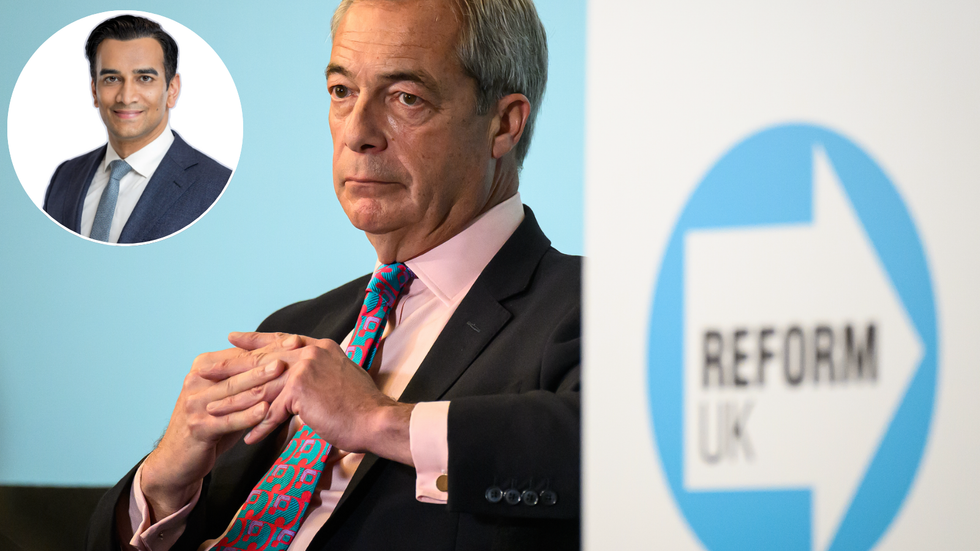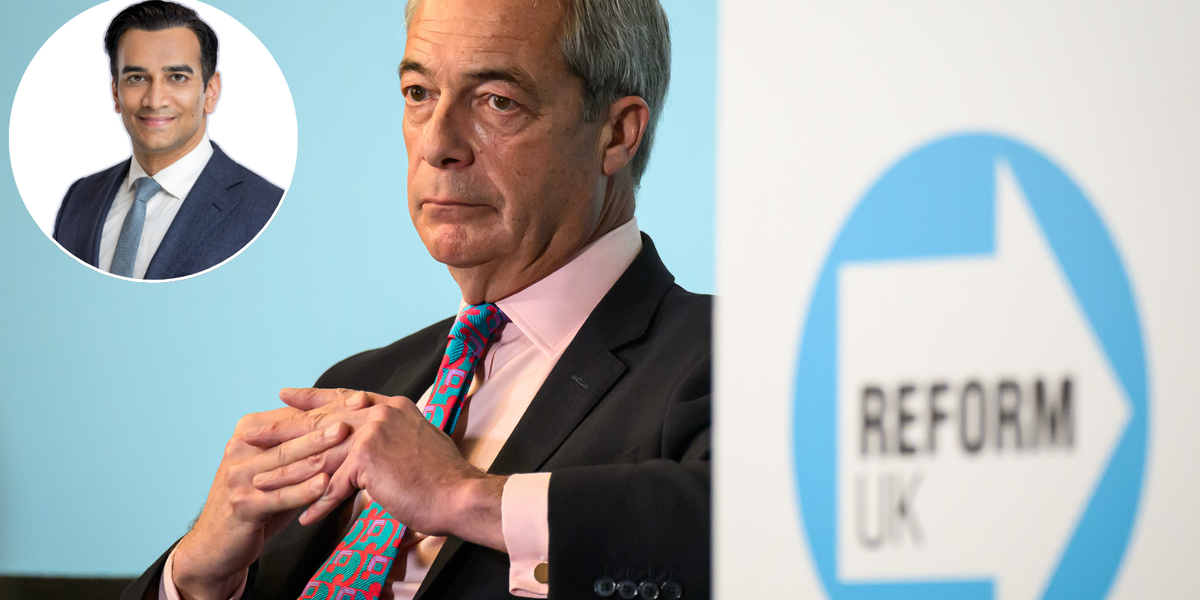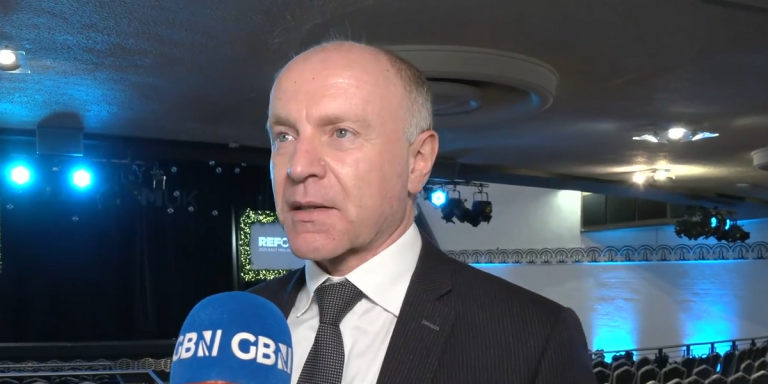As Reform’s claims to have overtaken the Conservatives in membership numbers come under question, the party is likely to face a harsh reality check. While they have managed to attract around 20 per cent of voters who supported the Conservatives in 2019, their overall support across the electorate remains limited.
Polls suggest that two-thirds of voters would not even consider casting their ballot for Reform. Despite the noise and media attention, there is a clear ceiling to their popularity.
Reform UK represents a brand of pure populism that thrives on outrage but offers no substance. Its leaders are skilled at generating media buzz by railing against the political establishment, yet they fail to present credible plans for governance. The party’s lack of experience in managing the complex machinery of politics will ultimately let voters down.
People in the UK are understandably frustrated with political failures, but they are also seeking meaningful solutions. Reform’s approach of “rage against the machine” may generate headlines, but it will not deliver results.
In contrast, Kemi Badenoch has the potential to position the Conservative Party as the credible alternative for voters who feel disillusioned. Her leadership signals a willingness to confront difficult truths and chart a new course for the party and the country.
Badenoch has made it clear that 2025 will be about addressing hard, unvarnished realities—not just for the Conservative Party but for the nation as a whole.
To effectively counter Reform, the Conservatives must learn from international examples of successful coalition-building on the political right.
Unexpectedly, Donald Trump’s 2016 and 2020 campaigns in the United States provide a compelling case study. Trump’s ability to build a diverse coalition of voters—including Arab Americans, Latinos, Black Americans, and Muslims—demonstrates how the right can succeed in multi-ethnic and multi-racial societies.
By addressing the actual economic and social concerns of these groups, Trump expanded the Republican base and achieved surprising electoral success.
In the context of the UK, Badenoch should aim to replicate this strategy by reaching out to a broad spectrum of voters. The Conservative Party must demonstrate that it understands and respects the aspirations of all communities, whether they are economically disadvantaged or feel culturally alienated.
This requires moving beyond traditional party lines and engaging directly with diverse groups, including those who may not have traditionally supported the Conservatives.
The danger for the Conservatives lies in listening too closely to Westminster and the metropolitan elite in London. Across the UK, voters are demanding real solutions to pressing issues: illegal and legal immigration, stopping the boats, houses built, infrastructure delivered, public services that work, an education system that prepares their children for the global economy, and dignity in retirement. They want answers to these questions, they also want honesty; they want real solutions.

Reform’s bubble has already burst – the media just hasn’t caught up yet, writes Dr Azeem Ibrahim
GB News/Getty Images
Voters understand that sacrifices will need to be made. They recognise that there are costs to every policy and that hard choices must be made. They know you can’t have everything and that the government will need to do less. Pretending that a future government can do everything without any pain is simply not credible. By acknowledging these realities and offering transparent, practical solutions, Badenoch can set the Conservatives apart from the empty promises of Reform.
The 2020 US presidential election also offers lessons in what not to do. Kamala Harris’s approach, which some critics described as over-reliant on identity politics, alienated key demographic groups. Her refusal to engage meaningfully with Arab and Muslim communities contributed to a lack of enthusiasm among these voters, which ultimately hurt her campaign.
Badenoch must avoid this mistake by ensuring that her outreach is both genuine and inclusive. The Conservative Party must prioritise policies that resonate with voters across all demographics, focusing on shared values and common goals rather than divisive rhetoric.
Under Badenoch’s leadership, the Conservatives have the opportunity to redefine themselves as a party that listens, learns, and leads by action. By building a diverse coalition and presenting a clear vision for the future, they can not only counter the rise of Reform but also secure a lasting place at the heart of British politics.
The road ahead will not be easy. Voters are angry, and the challenges facing the country are immense. But with the right strategy and leadership, the Conservative Party can rise to the occasion. Kemi Badenoch’s focus on hard truths and pragmatic solutions offers the only promising path forward —one that can outshine the empty populism of Nigel Farage and Reform.
























+ There are no comments
Add yours